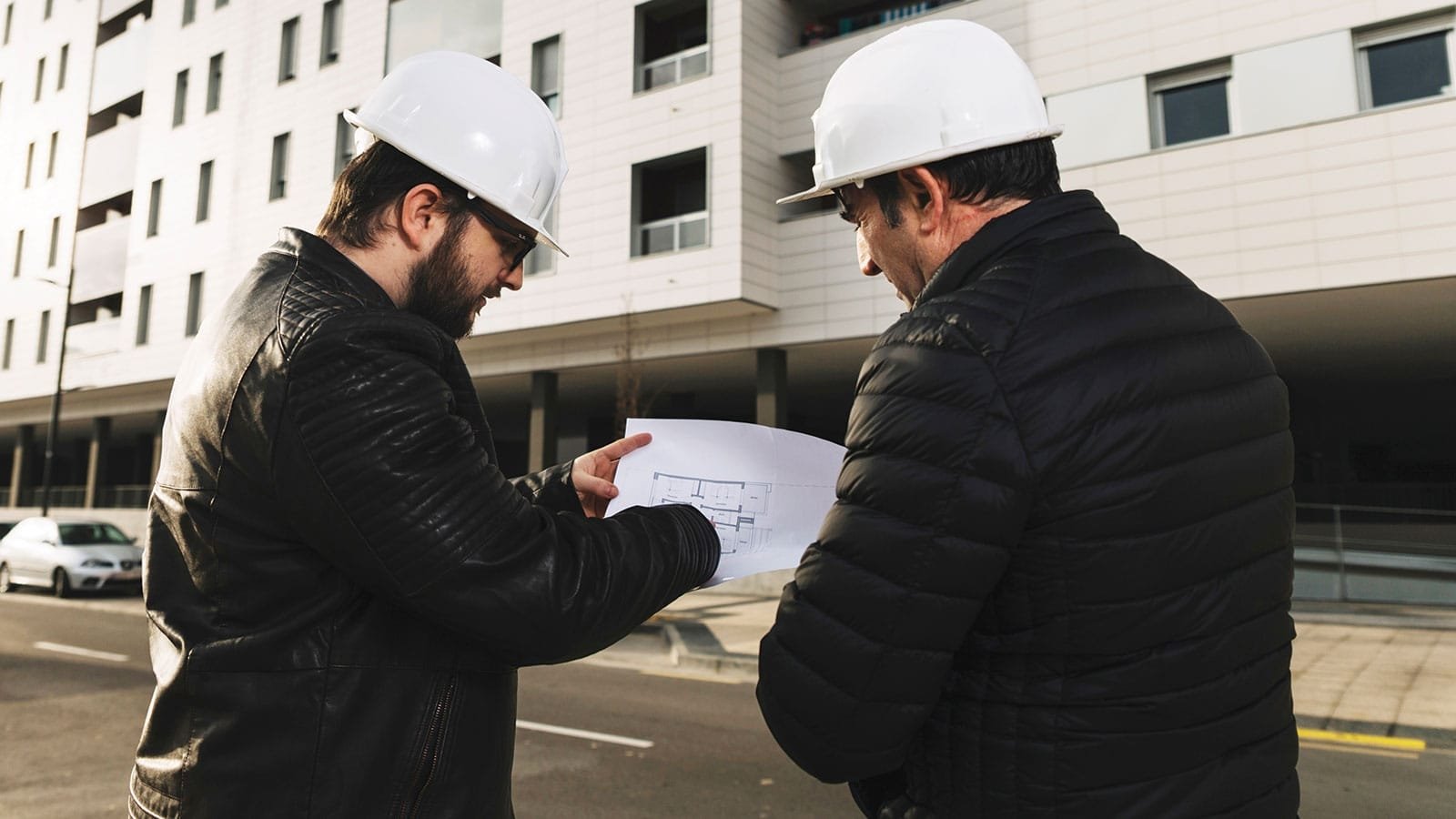Are you planning to buy a home? Understanding the critical role of home inspections
could save you thousands of dollars and countless headaches. In this comprehensive
guide, we’ll walk you through everything you need to know about home inspections,
from their importance to what happens during the process.
What Is a Home Inspection and Why Do You Need One?
A home inspection is a detailed examination of a property’s condition performed by a
licensed professional inspector. This crucial step typically takes place after your offer is
accepted but before closing the deal. Think of it as a physical checkup for your potential
new home – it reveals both visible and hidden issues that could affect your purchase
decision.
Key Benefits of Home Inspections:
- Uncover potential problems before purchasing
- Gain negotiating leverage for repairs or price adjustments
- Avoid unexpected costly repairs after moving in
- Ensure your family’s safety in the new home
- Plan future maintenance and budgeting effectively
The Home Inspection Process: What to Expect
Exterior Evaluation
Your inspector will thoroughly examine:
- Foundation integrity
- Roof condition and remaining lifespan
- Siding quality and damage
- Window and door functionality
- Drainage systems and grading
Interior Assessment
The inspection covers all major internal systems:
- HVAC functionality and efficiency
- Electrical system safety
- Plumbing system condition
- Wall, ceiling, and floor structural integrity
- Built-in appliance operation
Critical Areas of Focus
Special attention goes to:
- Attic space (ventilation and insulation)
- Basement or crawl space (moisture and structural issues)
- Signs of water damage or mold growth
- Potential pest infestations
- Safety hazards
Common Issues Revealed During Home Inspections
Major Concerns:
- Roof Problems
o Missing or damaged shingles
o Leaks and water damage
o Poor ventilation - Plumbing Issues
o Outdated pipe materials
o Active leaks
o Poor water pressure
o Drainage problems - Electrical Concerns
o Outdated wiring
o Insufficient electrical panels
o Safety hazards
o Code violations - Foundation Problems
o Significant cracks
o Settlement issues
o Water intrusion - HVAC System Deficiencies
o Aging equipment
o Poor maintenance
o Inefficient operation
Making the Most of Your Inspection Report
Smart Steps for Buyers:
- Attend the Inspection
o Ask questions during the process
o Learn about home maintenance
o Understand potential issues firsthand - Review the Report Carefully
o Identify deal-breakers
o Prioritize repairs
o Calculate potential costs - Plan Your Negotiation Strategy
o Request essential repairs
o Ask for price reductions
o Consider repair credits
o Know when to walk away
When to Bring in Specialists
Sometimes a general inspection isn’t enough. Consider additional specialized
inspections for
- Termite and pest problems
- Radon levels
- Extensive mold growth
- Serious structural concerns
- Specific system issues
Final Thoughts: Protecting Your Investment
A thorough home inspection is your best defense against making a costly mistake in
your home purchase. While it might seem like an additional expense, the potential
savings from identifying problems early or negotiating repairs make it an invaluable
investment in your future home.
Remember: The best home inspectors are often booked weeks in advance, so schedule
your inspection as soon as your offer is accepted. This ensures you have enough time
to review findings and negotiate any necessary repairs or price adjustments before
closing.
Key Takeaways:
- Never skip a home inspection when buying property
- Choose a licensed, experienced inspector
- Attend the inspection whenever possible
- Use the inspection report as a negotiating tool
- Consider specialized inspections when warranted
- Plan for future maintenance based on findings
By following these guidelines and understanding the importance of a thorough home
inspection, you’re taking a crucial step toward making an informed, confident homebuying decision.

